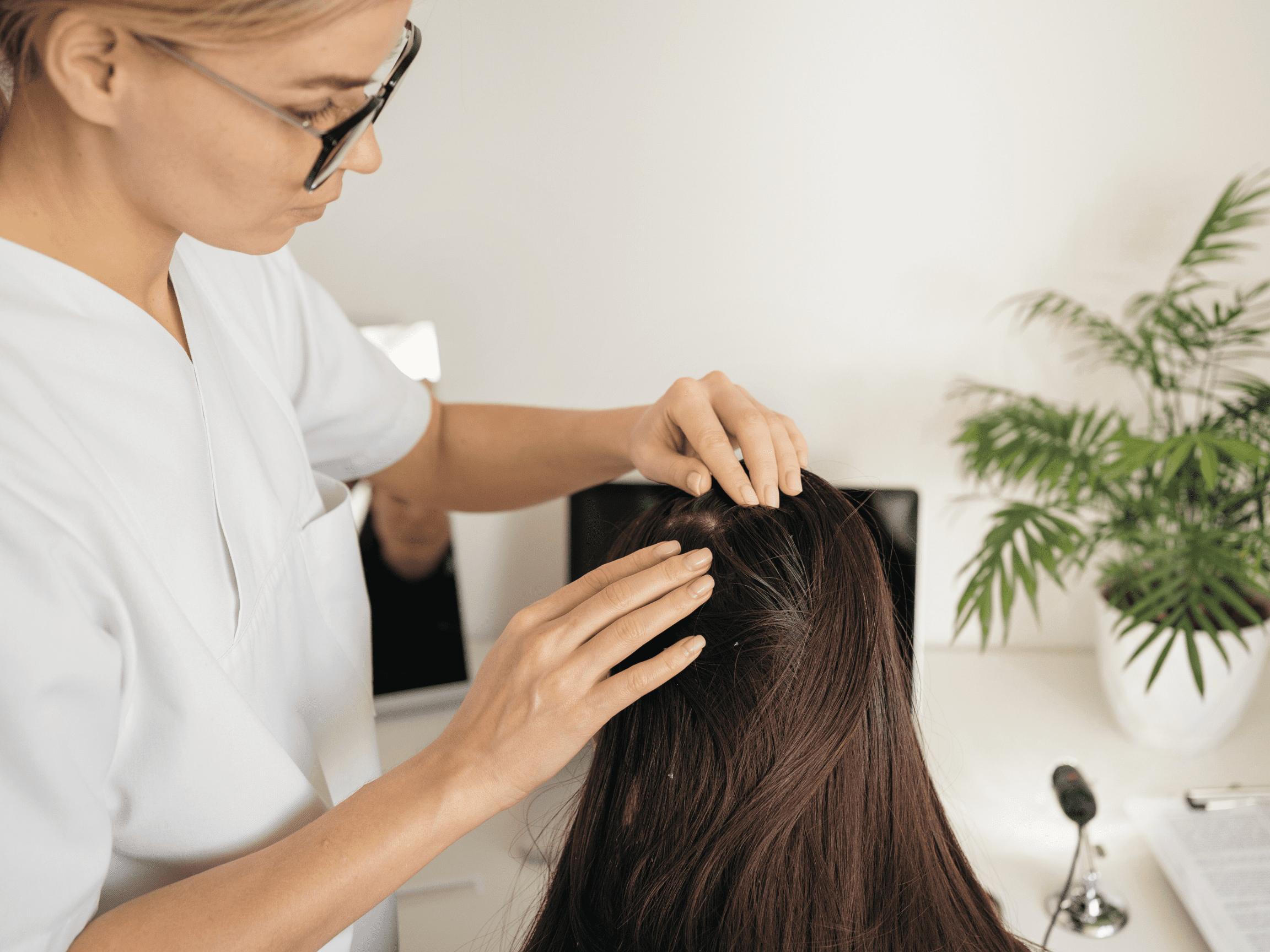
Summary by César Sastré, MD from Hair Medical Restoration
Alopecia areata is an autoimmune disorder that primarily affects the hair follicles, resulting in unpredictable and often sudden hair loss. Here’s a detailed description:
Alopecia areata typically presents as one or more round, smooth patches of hair loss on the scalp, although it can affect hair on any part of the body. The extent and location of hair loss can vary widely from person to person.
The condition is caused by an abnormal immune response where the body’s immune system mistakenly attacks its own hair follicles, considering them foreign invaders. This immune attack disrupts the normal hair growth cycle.
Hair loss in alopecia areata can appear suddenly, often within a matter of days or weeks. It can progress slowly or rapidly, and the hair may fall out in small, coin-sized patches or in more extensive areas.
The exact cause of alopecia areata is not fully understood, but it is believed to involve a combination of genetic, environmental, and immunological factors. Stress and certain infections have been suggested as possible triggers.
In some cases, hair may regrow on its own, even without treatment. However, the extent and timing of regrowth are unpredictable.
Alopecia areata can have a significant emotional and psychological impact on individuals due to the sudden and often conspicuous nature of hair loss. It can affect self-esteem and body image.
Diagnosis is typically based on a clinical examination by a dermatologist. In some cases, a skin biopsy or other tests may be performed to confirm the diagnosis or rule out other conditions.
Treatment options for alopecia areata include topical corticosteroids, intralesional corticosteroid injections, topical immunotherapy, systemic medications, JAK inhibitors, and supportive care. The choice of treatment depends on the extent and severity of hair loss and the individual’s preferences.
Alopecia areata is a chronic condition, and its course can be unpredictable. While there is no known cure, various treatments can help manage the condition and promote hair regrowth in many cases. It’s essential for individuals experiencing hair loss to consult with a healthcare provider or dermatologist for proper evaluation and treatment options.
Treatment options for alopecia areata can vary based on the extent and severity of hair loss, individual factors, and response to previous treatments. Here are the most common treatment options in detail:
Treatment choices should be made in consultation with a dermatologist or healthcare provider who can tailor the approach to the individual’s specific condition and needs. The effectiveness of treatments can vary from person to person, and some individuals may experience spontaneous regrowth without intervention.


